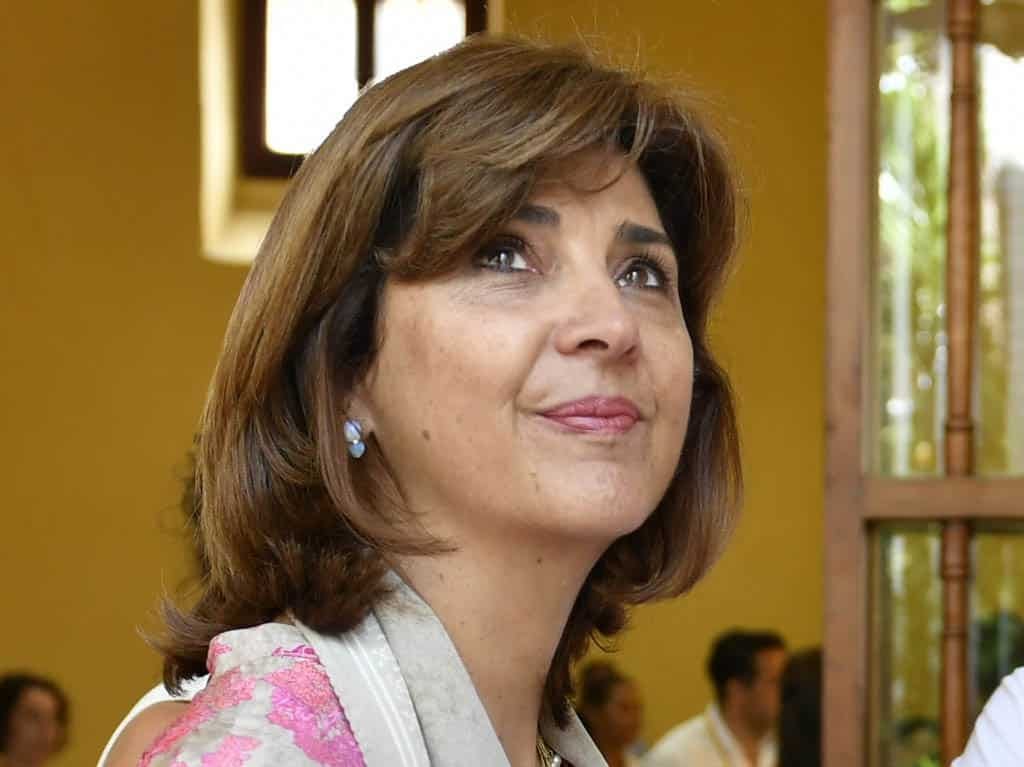Seeking Common Ground in Cyprus
In the quest to resolve the longstanding Cyprus problem, UN Secretary-General’s personal envoy Maria Angel Holguin continues to search for the elusive common ground necessary to reignite negotiations. Despite her efforts, a sense of frustration looms as recent meetings with the island’s leaders have yet to yield a path forward.
While President Christodoulides engaged in what was described as a “very constructive meeting,” Holguin’s focus shifted towards interactions with civil society groups and the private sector. Her takeaway from these discussions was a collective desire for progress, a sentiment she hopes will resonate with the island’s leaders. The implication was clear: civil society may hold the key to breaking the current stalemate.
However, questions arise regarding the true influence of these civil society groups. Despite their optimism and pro-settlement stance, they may not accurately reflect the political sentiment nor wield enough power to sway the leaders. Both sides have elected leaders backed by constituents content with maintaining the status quo, casting doubt on the likelihood of them heeding calls from civil society for reunification.
The Turkish Cypriot leader, Ersin Tatar, backed by Ankara, remains steadfast in his position, indicating that any shift would only occur if prompted by Turkey’s change in policy. On the other hand, Greek Cypriot leader Christodoulides can afford to advocate for renewed talks, but this stance could shift under pressure if Turkish Cypriots were to seek common ground.
Ironically, there appears to be more public support for a new negotiation process among Turkish Cypriots than Greek Cypriots. The former see a settlement as a potential escape from Ankara’s dominance, while the latter, with their EU-member recognized Republic, have less incentive to compromise over the occupied territory.
Ultimately, Holguin’s challenge is to coax both leaders out of their comfort zones and into a commitment to dialogue. With the United States preoccupied with more pressing issues and the European Union lacking both clout and motivation to exert pressure on Turkey, the envoy’s task is daunting. As time ticks away, reliance on civil society’s push for progress seems less like a strategy and more an act of desperation in the face of an enduring geopolitical conundrum.





